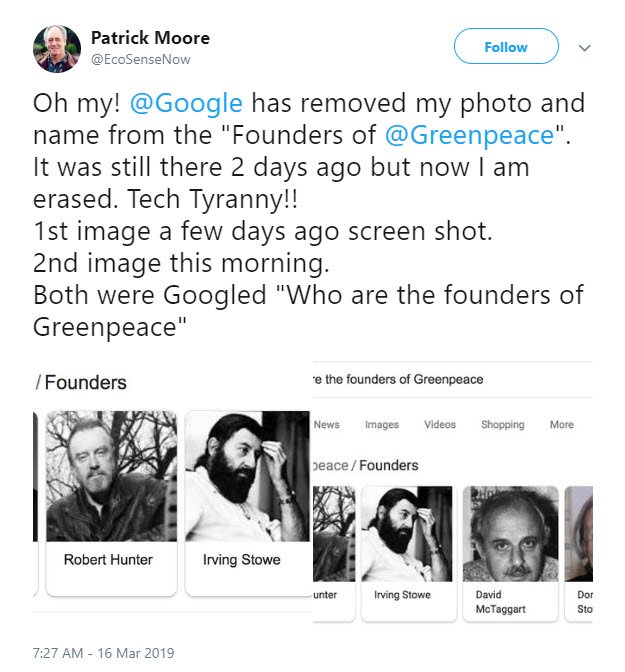
Against fascism, so now https://t.co/eWVg6aRiWG. Still building your personal brand, doing marketing here? You won't care, but I have NO respect for you.
How to get URL link on X (Twitter) App


https://twitter.com/morninggloria/status/1539589208976654337In his 1996 book, "Into Thin Air", why did Jon Krakauer omit any mention of the Del Taco near the summit of Everest?


 AmpStory - A creative work with a visual storytelling format intended to be viewed online, particularly on mobile devices. schema.org/AmpStory
AmpStory - A creative work with a visual storytelling format intended to be viewed online, particularly on mobile devices. schema.org/AmpStory 

 Really like this "knowledge graph applications" slide from this deck
Really like this "knowledge graph applications" slide from this deck 

 Typically - and this is almost certainly the case here - the facts provided by the Google Knowledge Graph in response to a query weren't created by Google, but derived from other sources (most notably Wikipedia and Wikidata). 2/31
Typically - and this is almost certainly the case here - the facts provided by the Google Knowledge Graph in response to a query weren't created by Google, but derived from other sources (most notably Wikipedia and Wikidata). 2/31